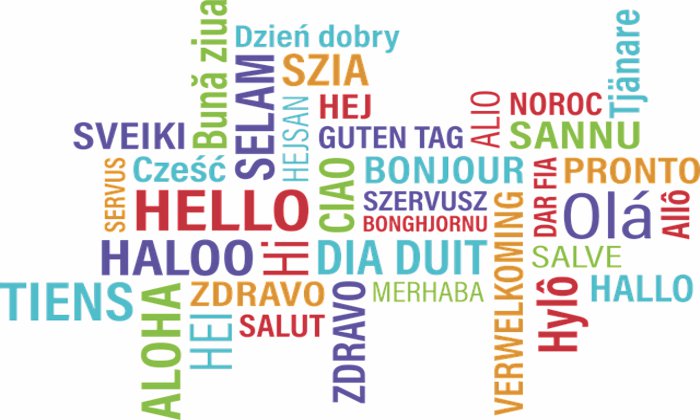UNESCO International Mother Language Day 2022
08 Feb 2022
Did you know there are around 200 languages spoken in Manchester at any one time?

UNESCO’s International Mother Language Day is a worldwide annual observance held on 21 February to promote awareness of linguistic and cultural diversity and to promote multilingualism.
2022 is the fifth year that Manchester has celebrated International Mother Language Day. The events taking place this year involve libraries, cultural venues, community groups, universities, schools, poets and writers, collaborating and presenting language-focused events for communities across the city.
Civic engagement is one of our University’s key strategic themes and our creativity-championing research platform Creative Manchester is delighted to be coordinating a number of online events with colleagues from HCRI and the Linguistic Diversity Collective, including:
22 February 2pm-4pm
Mother language(s) from my field site
Staff and student fieldworkers will present video recordings and photos from their field sites; followed by a discussion of the sociolinguistic setting in which children learn to speak their mother language(s).
22 February 7pm-8.30pm
(Heritage) language learning during and after a global pandemic: a virtual roundtable discussion
A virtual roundtable discussion on the challenges and opportunities of (heritage) language learning during a global pandemic.
23 February 3.30pm-5pm
Join us for Kathputli Utsav - a Festival of Traditional Indian Arts. Celebrate cultural and linguistic diversity with the Kathputli Colony, a colony of street performers in Delhi, India.
24 February 4pm
Explore your own language – talking about time and space
This online activity will actively involve speakers of different ages and proficiencies of languages spoken in Manchester - the intended audience are teachers and students at supplementary schools, those attending community centres, and anybody interested in exploring their own language.
- Find out more about International Mother Language Day 2022, including the full programme of events.
